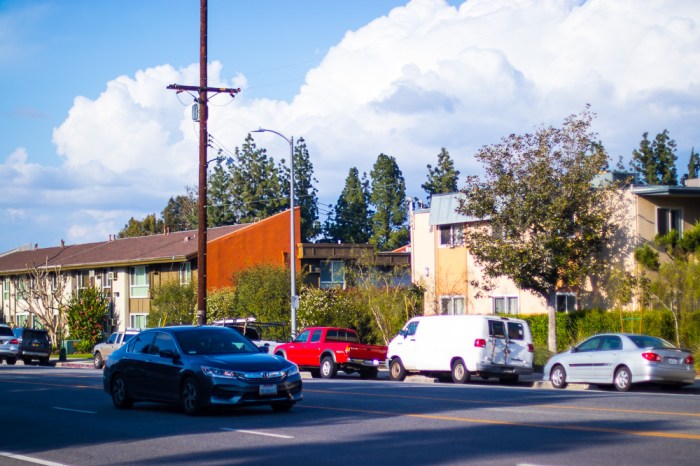Emts are dispatched to a residence for an 80 – When EMTs are dispatched to a residence for an elderly patient, they must be prepared to handle a wide range of potential medical conditions. This guide will provide an overview of the standard procedures for EMTs responding to a call for an 80-year-old patient, including the physical examination techniques used, the importance of obtaining a thorough medical history, and the various treatment options available.
In addition, this guide will discuss the criteria for determining whether an elderly patient needs to be transported to the hospital and the importance of providing clear discharge instructions and follow-up care.
Initial Assessment

Upon arriving at the residence, EMTs should follow standard procedures for assessing an 80-year-old patient. This includes:
- Assessing the patient’s airway, breathing, and circulation (ABCs).
- Taking vital signs, including blood pressure, pulse, and respiratory rate.
- Performing a physical examination to identify any obvious injuries or medical conditions.
- Obtaining a medical history from the patient and their family, if possible.
Potential medical conditions that could be associated with an 80-year-old patient include:
- Heart disease
- Stroke
- Pneumonia
- Diabetes
- Arthritis
- Dementia
Patient Examination

The physical examination of an 80-year-old patient should include:
- A thorough examination of the skin, including checking for any rashes, bruises, or pressure sores.
- An examination of the head and neck, including checking for any deformities or masses.
- An examination of the chest, including listening to the heart and lungs for any abnormalities.
- An examination of the abdomen, including checking for any tenderness or masses.
- An examination of the extremities, including checking for any swelling or deformities.
It is also important to obtain a thorough medical history from the patient and their family. This information can help to identify any underlying medical conditions that may be contributing to the patient’s symptoms.
Treatment and Management

The treatment and management of an 80-year-old patient will depend on their specific medical condition. However, some general principles of care include:
- Providing supportive care, such as oxygen, fluids, and pain medication.
- Treating any underlying medical conditions, such as heart disease, stroke, or pneumonia.
- Preventing complications, such as pressure sores, falls, and infections.
- Providing emotional support to the patient and their family.
When making treatment decisions, it is important to consider the patient’s age and overall health. Older adults are more likely to have multiple medical conditions and may be more sensitive to medications. It is also important to consider the patient’s preferences and goals of care.
Transportation and Follow-Up

The decision of whether or not to transport an 80-year-old patient to the hospital will depend on their medical condition and stability. Patients who are unstable or have serious injuries or medical conditions will need to be transported to the hospital for further care.
Patients who are stable and have minor injuries or medical conditions may be able to be discharged home with instructions for follow-up care. It is important to provide clear discharge instructions to the patient and their family. These instructions should include:
- A list of medications to take and when to take them.
- Instructions on how to care for any wounds or injuries.
- Instructions on when to follow up with a healthcare provider.
It is also important to provide emotional support to the patient and their family. This can help to reduce anxiety and promote a smooth transition back home.
Questions Often Asked: Emts Are Dispatched To A Residence For An 80
What are the most common medical conditions associated with elderly patients?
The most common medical conditions associated with elderly patients include heart disease, stroke, diabetes, arthritis, and dementia.
What are the most important things to consider when assessing an elderly patient?
When assessing an elderly patient, it is important to consider their age, overall health, and medical history. It is also important to be aware of the potential for polypharmacy and medication interactions.
What are the most common treatment options for elderly patients?
The most common treatment options for elderly patients include medication, physical therapy, and occupational therapy. In some cases, surgery may be necessary.